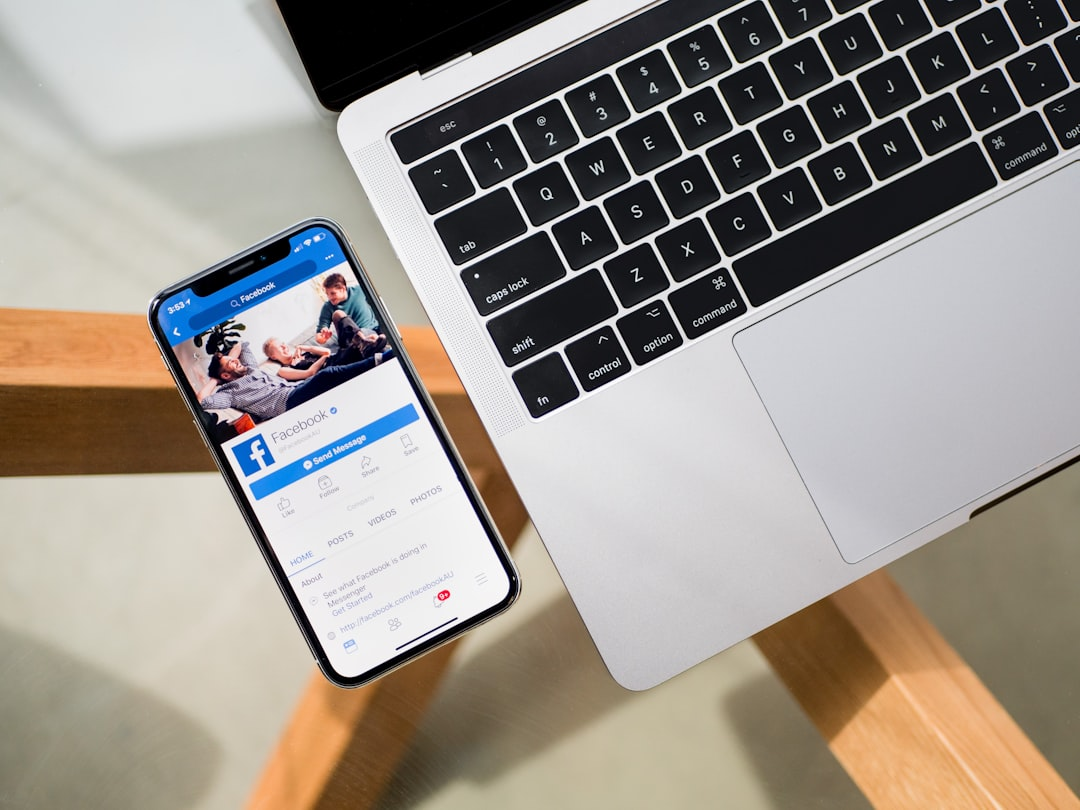The Reach and Potential of Facebook
Facebook’s user base spans nearly every demographic, making it ideal for reaching a variety of audiences. Its targeting capabilities allow businesses to narrow their reach based on specific user interests, behaviors, and demographic data. This ensures that messages are delivered to relevant audiences. This precision targeting is essential for making the most of your budget by focusing on those most likely to engage and convert.

Photo by Timothy Hales Bennett on Unsplash
The Evolution of Facebook Marketing
Since its inception in 2004, Facebook has evolved from a social networking site to a robust marketing ecosystem. Organic reach has decreased over the years as Facebook shifted its algorithm to prioritize content from friends and family, emphasizing paid advertising as a primary method for reaching users. With tools like Facebook Ads Manager, the Facebook Pixel, and a variety of ad formats, the platform offers advanced solutions for tracking engagement, targeting specific audiences, and optimizing ad spend.

Photo by Pete Pedroza on Unsplash
Why Facebook Marketing Matters for Your Business
Facebook marketing offers several key benefits:
- Brand Awareness: Facebook is ideal for increasing visibility through posts, ads, and boosted content.
- Lead Generation and Sales: Through targeted ads, you can gather leads or drive users directly to purchase pages.
- Community Engagement: With features like Messenger, Groups, and Events, businesses can create close-knit communities and interact directly with their audience.

Photo by Vonecia Carswell on Unsplash
Setting Goals and Defining Success
Before beginning a Facebook marketing campaign, it’s essential to establish clear goals. Common objectives include:
- Raising brand awareness
- Driving traffic
- Generating leads
- Increasing conversions
These goals guide ad formats, content strategies, and performance metrics, ensuring that efforts align with your overall business vision.
Conclusion
Facebook’s extensive reach and versatile features make it a vital tool for any business. As we progress through this guide, we’ll build on this foundation by exploring content strategy, ad techniques, and analytics to create a Facebook marketing strategy that drives tangible results.

Photo by Austin Distel on Unsplash